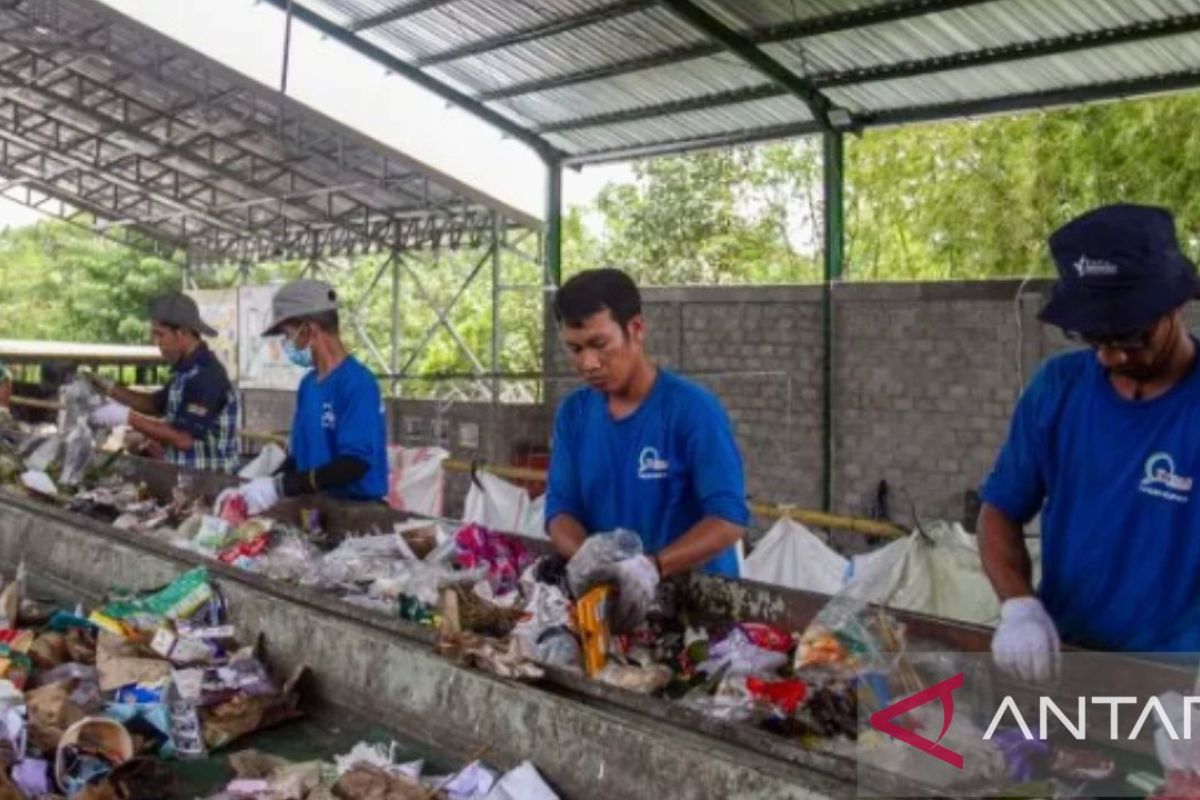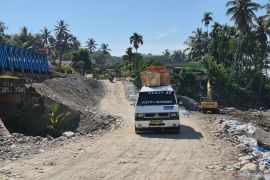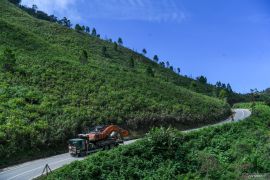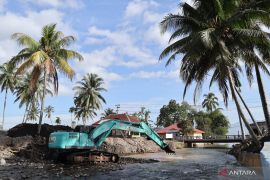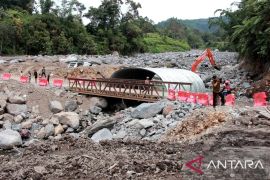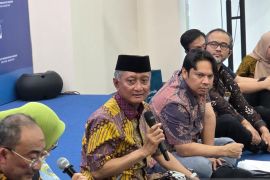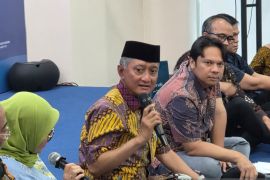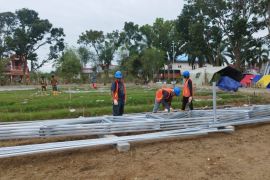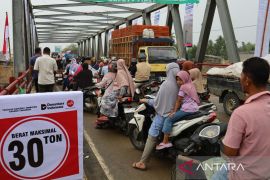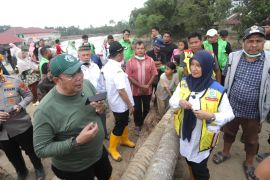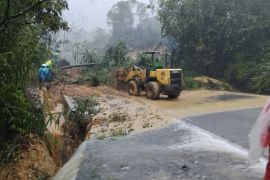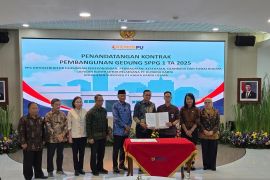"A smart city that humanizes its residents needs a collaborative effort in its system, from precise planning to cultivating good habits in the families," the ministry's secretary for the Directorate General of Human Settlements, Dian Irawati, said here on Monday.
She underscored that infrastructure can only work effectively when supported by behavioral change, thus making the habit of sorting waste from an early age is crucial.
Irawati stressed that Indonesia produces 68 million tonnes of trash annually, a persistent issue since 2021. She also warned that the rampant use of open dumping landfills poses a risk of greenhouse gas emissions, including methane.
To address the issues, the government targets 100 percent national waste management coverage by 2029 through some key initiatives, including reviewing operation permits for 343 landfills that have yet to meet standards and promoting the habit of sorting trash early on, starting from the household level.
The effort also includes adopting a sanitary landfill style, enabling a measured, eco-friendly method to manage waste.
Public Works Minister Dody Hanggodo has highlighted the importance of strong regional government commitment in pursuing sustainable waste management through innovative initiatives and involving the community in achieving sustainable waste management.
Hanggodo cited Surabaya's Benowo Landfill success in converting waste into a source of electricity, as well as Banyumas Landfill, which utilizes refuse-derived fuel (RDF) to produce composts.
The minister has stated that according to the 2025-2029 National Medium Term Development Planning, the government aims to effectively process 38 percent of the total waste. The target aims to prevent overcapacity in landfills, as national waste generation is projected to reach 82 million tonnes annually by 2045.
Moreover, as per the recommendation from the Environment Ministry, the open dumping method must be ceased immediately as it poses harmful effects against the environment.
The minister also underlined the need to consistently implement the reuse, reduce, recycle initiative across all regions.
For metropolitan areas producing more than 1,000 tonnes of trash daily, the ministry recommends waste-to-energy technology, whereas other cities are encouraged to adopt the integrated landfill method or sanitary landfill methods.
Related news: Global confidence reflected in green investment at 2025 ISF: govt
Related news: Minister urges students to avoid plastic waste, use tumblers daily
Related news: Young Lumajang innovators turn MBG food waste into eco-enzymes
Translator: Aji Cakti, Mecca Yumna
Editor: Azis Kurmala
Copyright © ANTARA 2025
